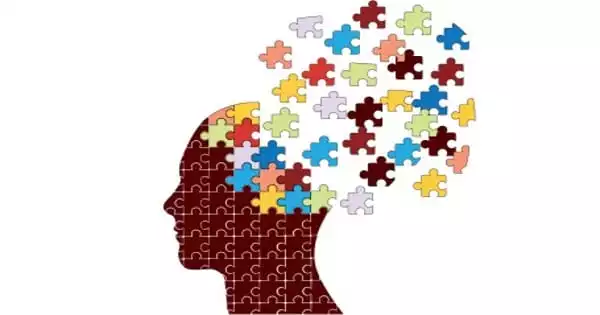Clinical understanding of the relationship between alcohol and dementia is critical for delivering optimal patient care management. Patients who begin drinking alcohol later in life, after the age of 40, may be doing so as a result of an underlying neurologic condition, such as frontotemporal dementia, according to findings from a team of researchers from Mount Sinai’s Icahn School of Medicine and the University of California, San Francisco. The findings were published in the Journal of Alzheimer’s Disease.
Overall alcohol abuse, defined as when alcohol intake has a detrimental influence on job or social life or results in legal implications, affects 1.7 percent of older individuals in the United States. Previous research has highlighted lifelong alcohol usage as a risk factor for dementia. However, it is unknown whether older persons who begin consuming alcohol later in life have an underlying neurological condition.
People who begin abusing alcohol because of an underlying neurological condition may be misdiagnosed with primary alcohol abuse and referred to traditional addiction treatment programs, a process that may delay the correct diagnosis and appropriate behavioral treatment, drain family resources, and increase patient and caregiver burden.
Our study aimed to identify and compare the frequencies of lifetime alcohol abuse, late-onset alcohol abuse, and alcohol abuse as the first symptom of dementia in a group of patients living with several forms of dementia, including Alzheimer’s disease and frontotemporal dementia.
Georges Nassan
“Our study aimed to identify and compare the frequencies of lifetime alcohol abuse, late-onset alcohol abuse, and alcohol abuse as a first symptom of dementia in a group of patients living with several forms of dementia, including Alzheimer’s disease and frontotemporal dementia,” said Georges Nassan, MD, Associate Professor of Neurology, and Medical Director for the Division of Behavioral Neurology and Neuropsychiatry, at the Icahn School of Medicine at Mount Sinai and senior author of the paper.
“We discovered that alcohol consumption may be the first symptom of an underlying neurological problem when it manifests late in life. In fact, up to 7% (almost 1 in 15) of people with frontotemporal dementia began consuming alcohol late in life, and 5% (1 in 20) began as the first indication of the disease. While it is important to identify social factors that may lead to alcohol abuse, such as retirement, loneliness, or loss of income/loved ones/housing, our findings should implore health care workers to avoid systematically attributing alcohol abuse to these factors and prompt clinicians to investigate the possibility of frontal lobe dysfunction.”

The study was a cross-sectional, retrospective analysis of individuals evaluated at an academic referral center between 1999 and 2017 who had a clinical diagnosis of behavioral variation frontotemporal dementia (bvFTD), Alzheimer’s-type dementia, or semantic variant primary progressive aphasia. The presence of alcohol abuse was assessed using the National Alzheimer’s Coordinating Center UDS questionnaire, which doctors completed during patient study visits.
Lifelong alcohol abuse was defined as abuse that began before the patient was 40 years old, late-onset alcohol abuse as abuse that began at age 40 or above, and alcohol abuse as a first sign of dementia as abuse that began during the first three years, either before or after symptom onset.
Late-onset alcohol misuse impacted 2.2 percent of the 1,518 persons tested, which was higher than the overall rate of 1.7 percent for older adults. The researchers discovered that late-onset alcohol misuse was substantially more common in patients with bvFTD than in those with Alzheimer’s-type dementia, but there was no difference in the incidence of lifetime alcohol consumption between the three dementia groups.
They also discovered that alcohol misuse was the first symptom in 1.4 percent of all patients, which was five times more common in patients with bvFTD than in those with Alzheimer’s-type dementia. The findings suggest that not only is late-onset alcohol abuse far more common in bvFTD than Alzheimer’s-type dementia, but also the molecular mechanisms driving late-onset and lifelong alcohol misuse are likely to be distinct.
“Because patients who begin using alcohol later in life are typically seen by psychiatrists, primary care providers, and rehabilitation specialists, these professionals should be aware of the possibility that a neurodegenerative disease may be underlying the onset of alcohol abuse late in life in people who have never abused alcohol previously. As a result, a special evaluation should be undertaken, including a check for other frontal lobe symptoms, and people at risk should be referred to a neurologist” Dr. Nassan stated. “In those patients, an early and appropriate diagnosis is critical for delivering the best management, enhancing patients’ and families’ quality of life, and directing patients to appropriate care facilities.”
















